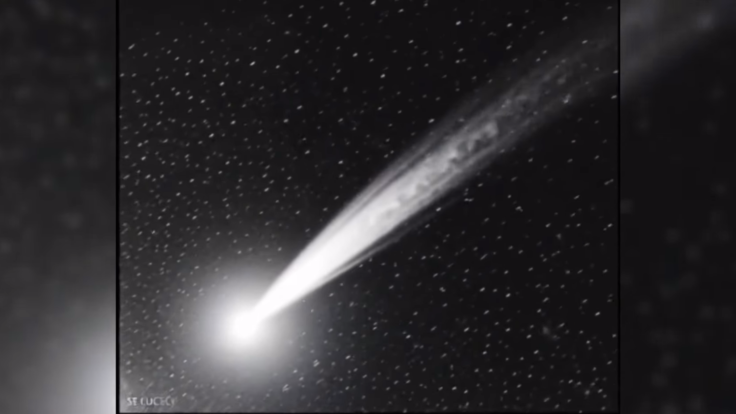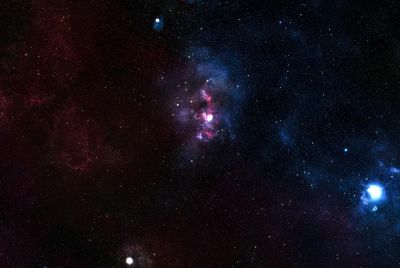Alien Technology? Avi Loeb Warns 'Ignoring' Anomalies Risks Missing Big Story
Harvard astrophysicist flags unusual behavior in interstellar object 3I/ATLAS, calling for urgent scientific scrutiny as it approaches Earth.

Harvard astrophysicist Avi Loeb has warned that brushing aside unusual signals from space may cause humanity to overlook what could be the first evidence of alien technology.
His focus is on the mysterious interstellar object 3I/ATLAS, which exhibits at least ten unusual features that defy expectations for a natural comet.
'If 3I/ATLAS is artificial, we would fundamentally redefine not just astronomy, but civilisation itself,' Loeb told the Hindustan Times.
Strange Trajectory and Anti-Tail Raise Questions
Loeb highlighted that 3I/ATLAS travels along a trajectory closely aligned with the solar system's planetary plane, a phenomenon that is challenging to explain naturally.
Unlike typical comets, it has a dust-and-gas jet pointed toward the Sun rather than away, which Loeb describes as a 'red flag.'
Spectral analysis shows nickel emissions without corresponding iron, inconsistent with normal comet composition.
The object also displays non-gravitational acceleration, moving in ways standard cometary physics cannot fully explain, according to Hindustan Times.
Loeb noted that 3I/ATLAS has passed unusually close to Mars and Jupiter, which he interprets as 'fine-tuning' rather than random chance.
While the most straightforward explanation may be a comet, Loeb stressed to The Economic Times that its potential technological origin requires careful observation as it approaches Earth on December 19.
Scientific Community Urged to Pay Attention
Loeb has cautioned that the scientific community may be overlooking critical anomalies, risking the loss of a rare but significant discovery.
He recommends coordinated observations and a risk-scale system for interstellar objects, similar to earthquake magnitude scales, to assess potential technological origins.
Broader Implications for Space Science
Loeb's concerns extend beyond 3I/ATLAS. He has long argued for taking Unidentified Anomalous Phenomena (UAPs) seriously, citing Oumuamua and other interstellar visitors as opportunities to expand human knowledge if anomalies are not dismissed.
He told colleagues in a Q&A session that 'if we ignore anomalies, we would never expand our knowledge base ... quantum mechanics itself arose because physicists paid attention to anomalies.'
Critics and Supporters
Not all scientists agree. Jason Wright, director of the Penn State Extraterrestrial Intelligence Centre, called some of Loeb's claims 'demonstrably wrong.'
Others argue that conventional physics could explain many anomalies if more data were available.
However, physicist Sabine Hossenfelder cautioned that ignoring the alien-technology hypothesis for reputational reasons could be a significant mistake.
The Stakes Could Be Historic
Loeb frames the potential discovery of alien technology as possibly the most significant in human history and has called on space agencies and global leaders to establish an international body to assess such risks, according to the New York Post.
He emphasises that anomalies are opportunities to learn more about life beyond Earth.
While sceptics remain, Loeb's warnings underscore the importance of transparency, coordinated observation, and potentially a global framework to study interstellar objects.
Ignoring such anomalies could mean missing one of humanity's most significant scientific discoveries.
© Copyright IBTimes 2025. All rights reserved.





















